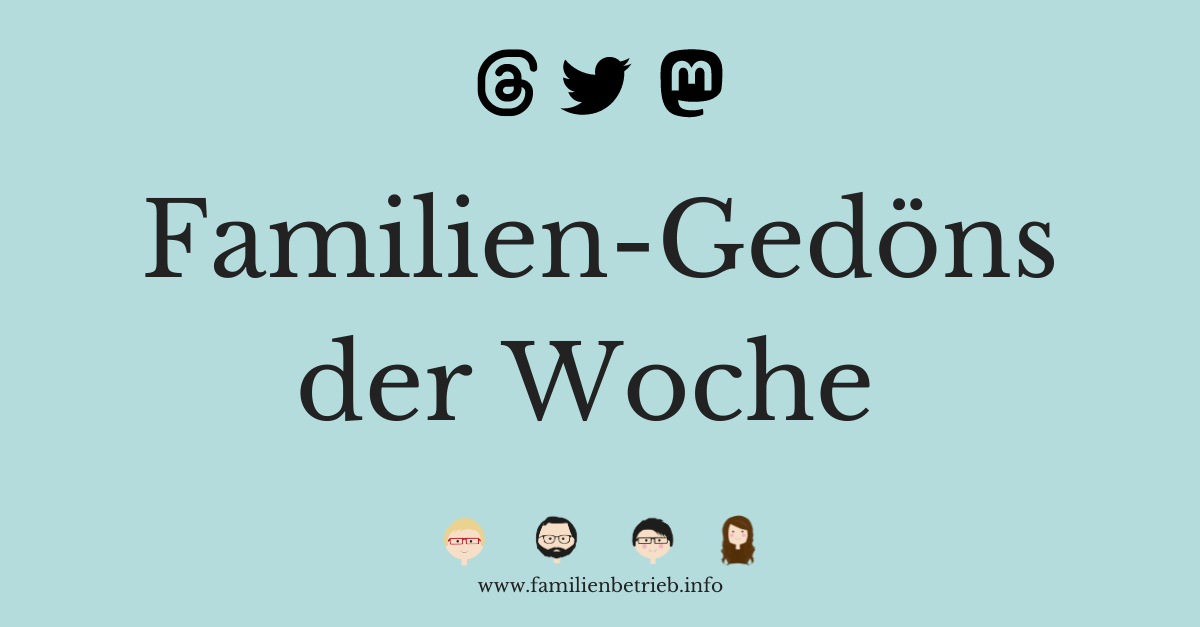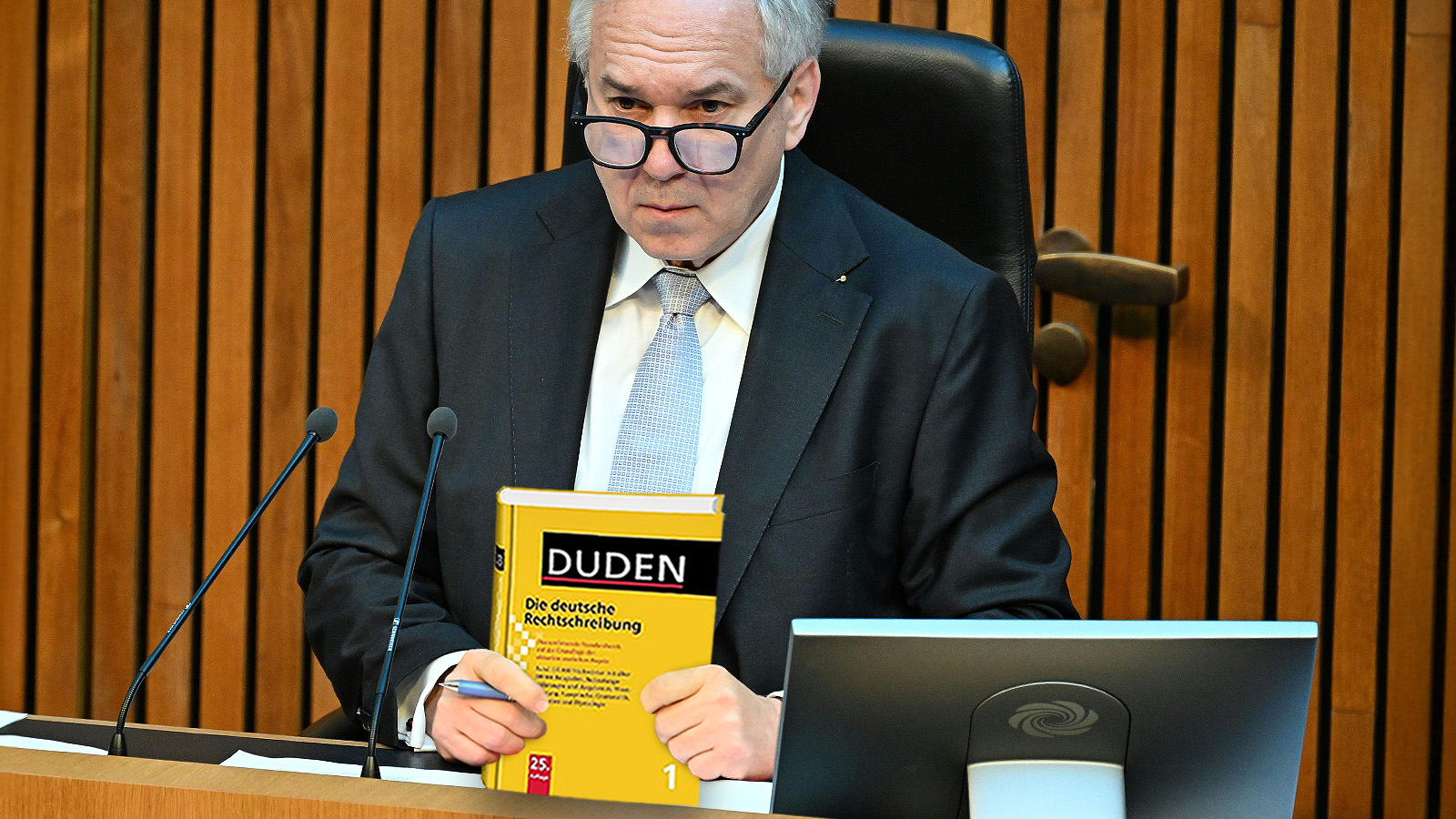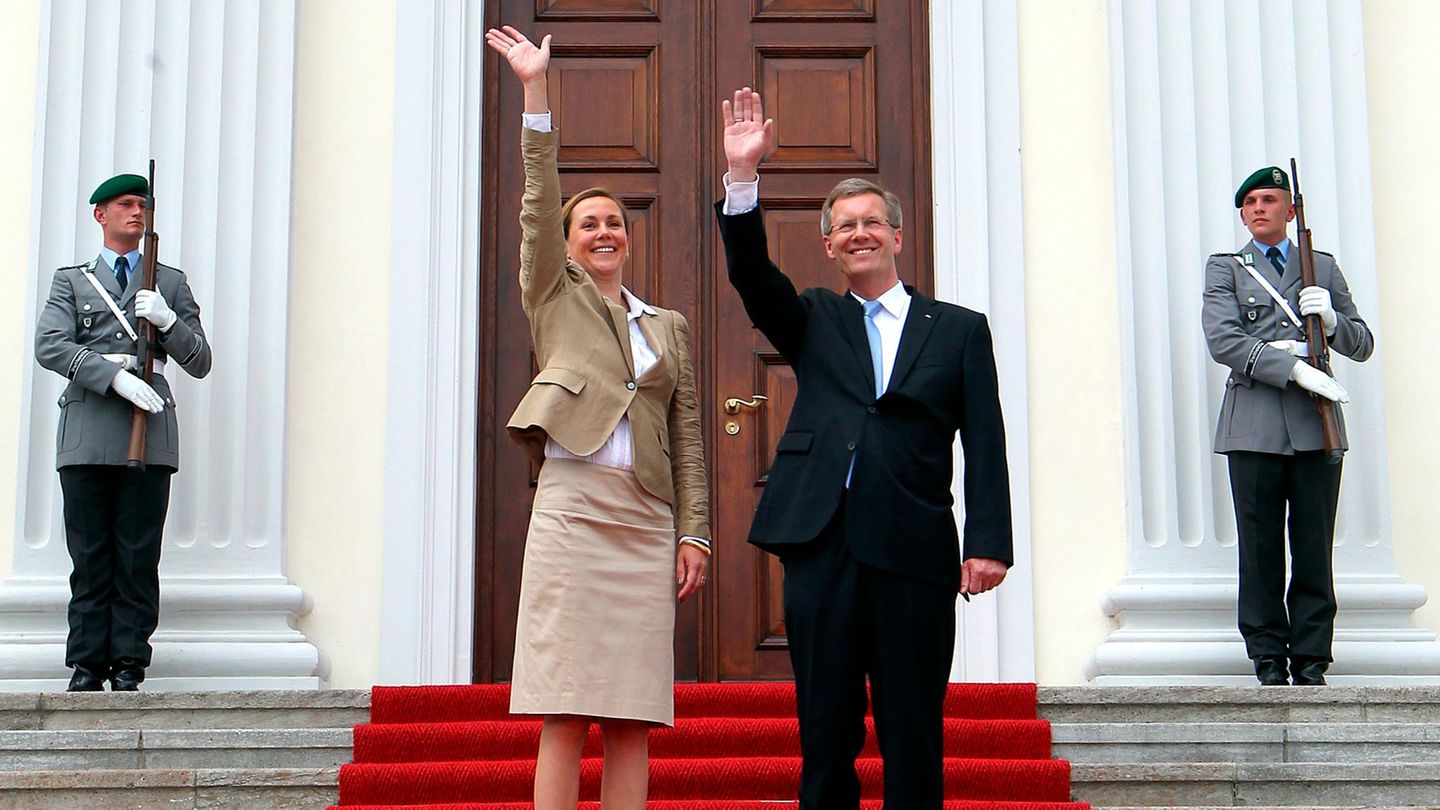Tally Raises $8 Million for DAO Protocol
Tally has released software that makes it easy to create Decentralized Autonomous Organizations (DAOs). The protocol has proven its effectiveness in practice and has now secured an $8 million investment.

Tally develops software for easily launching Decentralized Autonomous Organizations (DAOs). The proven protocol secures an $8 Million Investment.
While a blockchain startup raising eight million dollars from investors would barely qualify as news these days, what’s noteworthy is the product that Tally used to win over its backers: a protocol for Decentralized Autonomous Organizations (DAOs).
The Tally Protocol began as a tool to help onchain organizations create effective onchain governance. However, as founder Dennison Bertram explained to Coindesk magazine, it evolved into “the entire software stack for an onchain organization. We take you from the idea, to launching a token, distributing memberships, all the way to staking tokens for governance.”
So, if you want to launch a DAO, Tally provides the necessary toolset. With Tally, you can issue a token, implement staking mechanisms, set up a governance layer where member proposals are voted on—optionally including delegates and a security council. In their Tally account, DAO founders can assemble and configure these building blocks as desired and, once live, manage their organization through the platform.
Organization Fully as Software
In this way, Tally has become the market leader for software supporting onchain organizations. Its clients already include established DAOs such as Arbitrum, Uniswap, EigenLayer, and others. Altogether, Tally serves more than one million users—meaning DAO members—and has moved values surpassing one billion dollars.
Onchain organizations, or DAOs, are among the most exciting results of enabling blockchains to execute Turing-complete smart contracts. When interactions between stakeholders and the joint management of assets are encoded onchain in accordance with a set of rules, it becomes possible to establish organizations that have no fixed location or jurisdiction. Everything is transparent, and the rules defined in a smart contract are executed automatically and without exception. DAOs, Bertram believes, “can dramatically reduce the complexity and costs of forming and running organizations by shifting these processes entirely into software.”
This applies not just to traditional businesses, but perhaps even more so to foundations, NGOs, and governmental or intergovernmental institutions.
However, the Tally Protocol is not immune to a widespread problem faced by DAOs: “Voter apathy,” or the general disinterest among token holders in participating in governance. In DAOs, decisions are made by token holders voting on proposals. But often, far too few members vote, which can result in poor proposals passing, or good ones failing to achieve the necessary majority. Tally now intends to use a portion of its funding to further develop a staking process that rewards active participation in DAO governance.
Decentralized Not Just in Name
Anyone considering founding a DAO should have Tally on their radar. The Tally Protocol reflects the accumulated experience with DAOs, building on mechanisms that work and avoiding those that do not.
A DAO is a new and exciting model for creating organizations. In numerous crypto sectors—such as Decentralized Finance (DeFi) or Decentralized Science (DeSci)—DAOs have already become standard. However, one should avoid establishing an organization that is only superficially decentralized, where the DAO merely serves as a façade to circumvent the costs and regulatory requirements of a traditional entity. This could have unpleasant legal consequences. Anyone embracing the DAO concept must do everything possible to ensure that the organization is truly decentralized.

















:quality(80)/p7i.vogel.de/wcms/94/1b/941bc07494ba8bb56ac1c76780294a53/0124159670v1.jpeg?#)

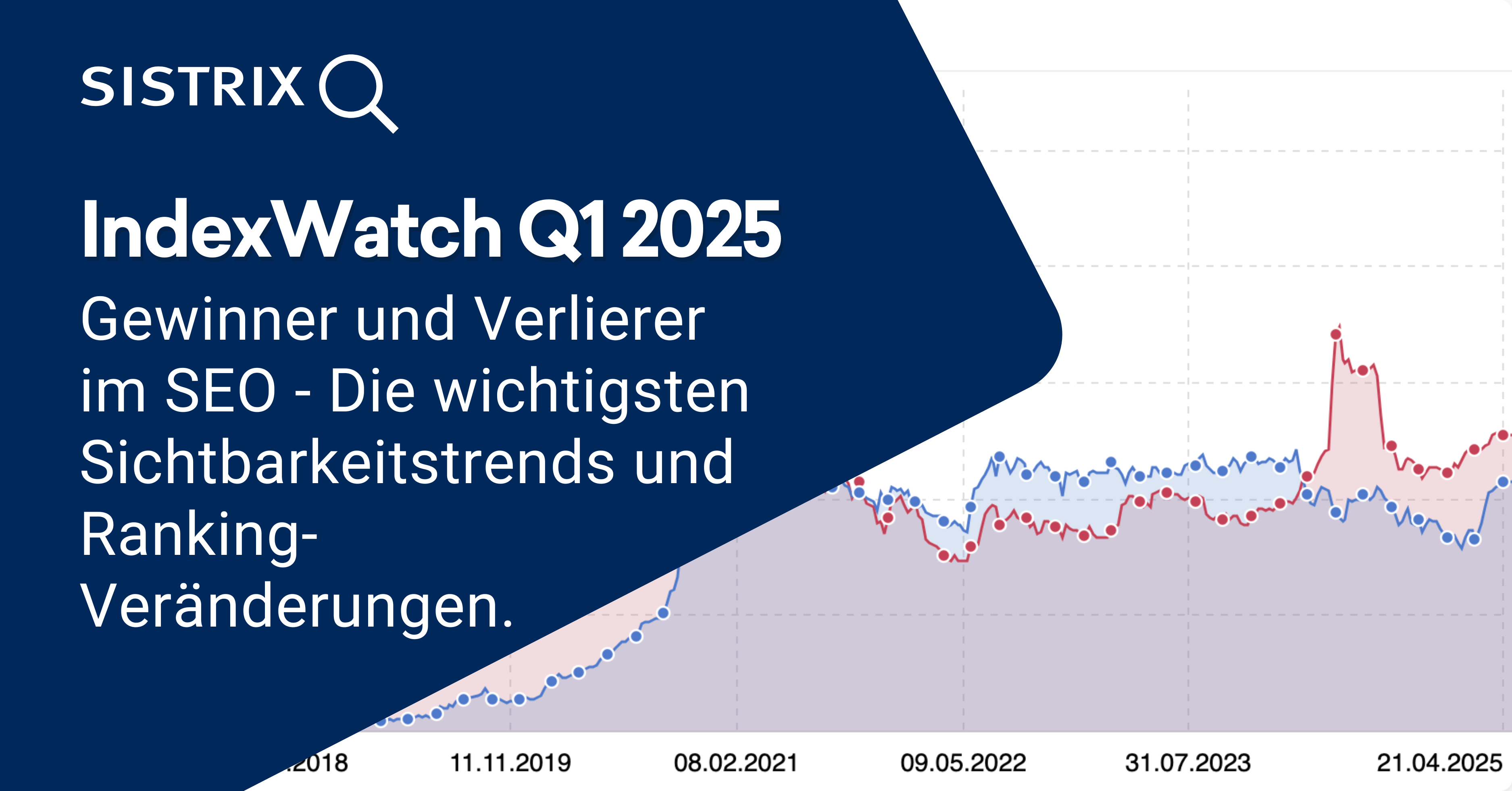

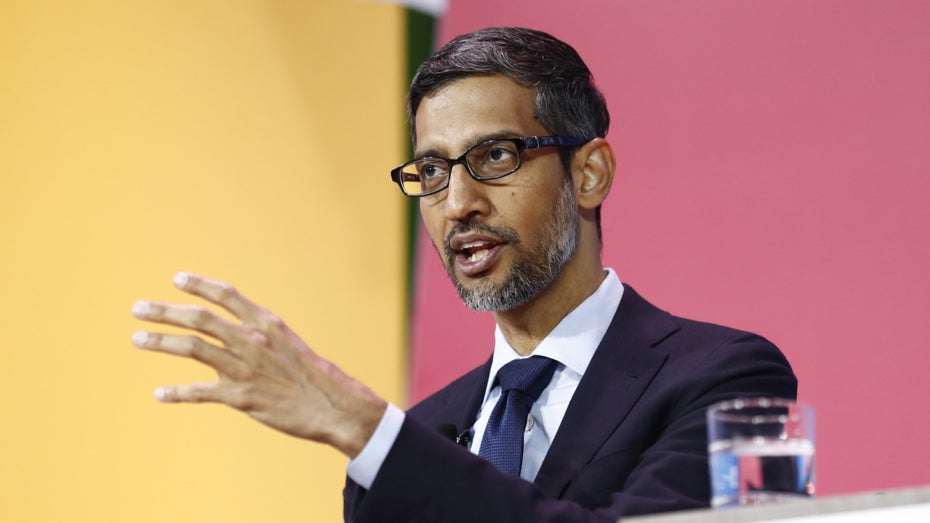




,regionOfInterest=(214,159)&hash=c1e9e6fe3cf899986e45f42aa9826959366a571d86081bbef661180672ff1736#)


